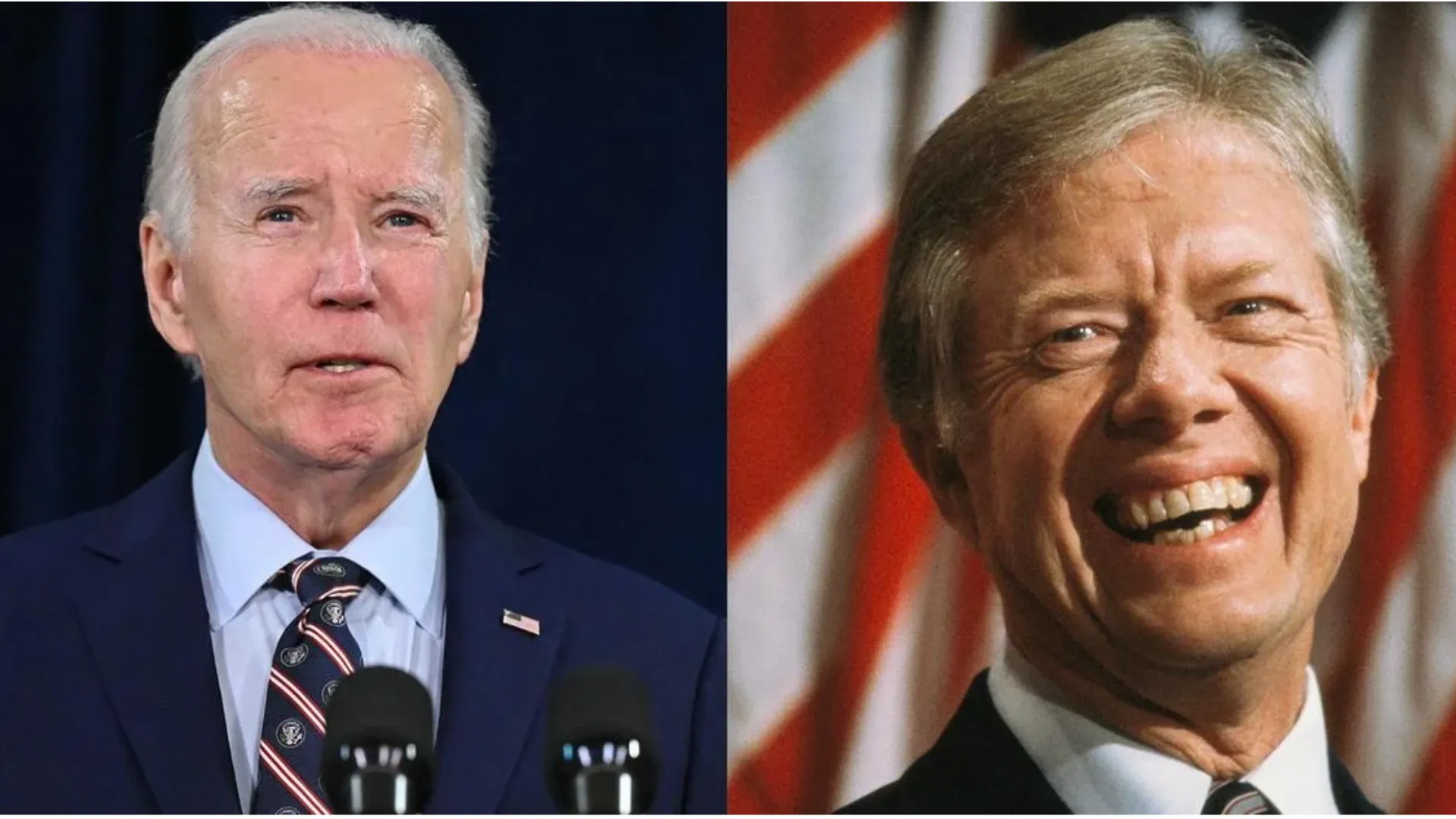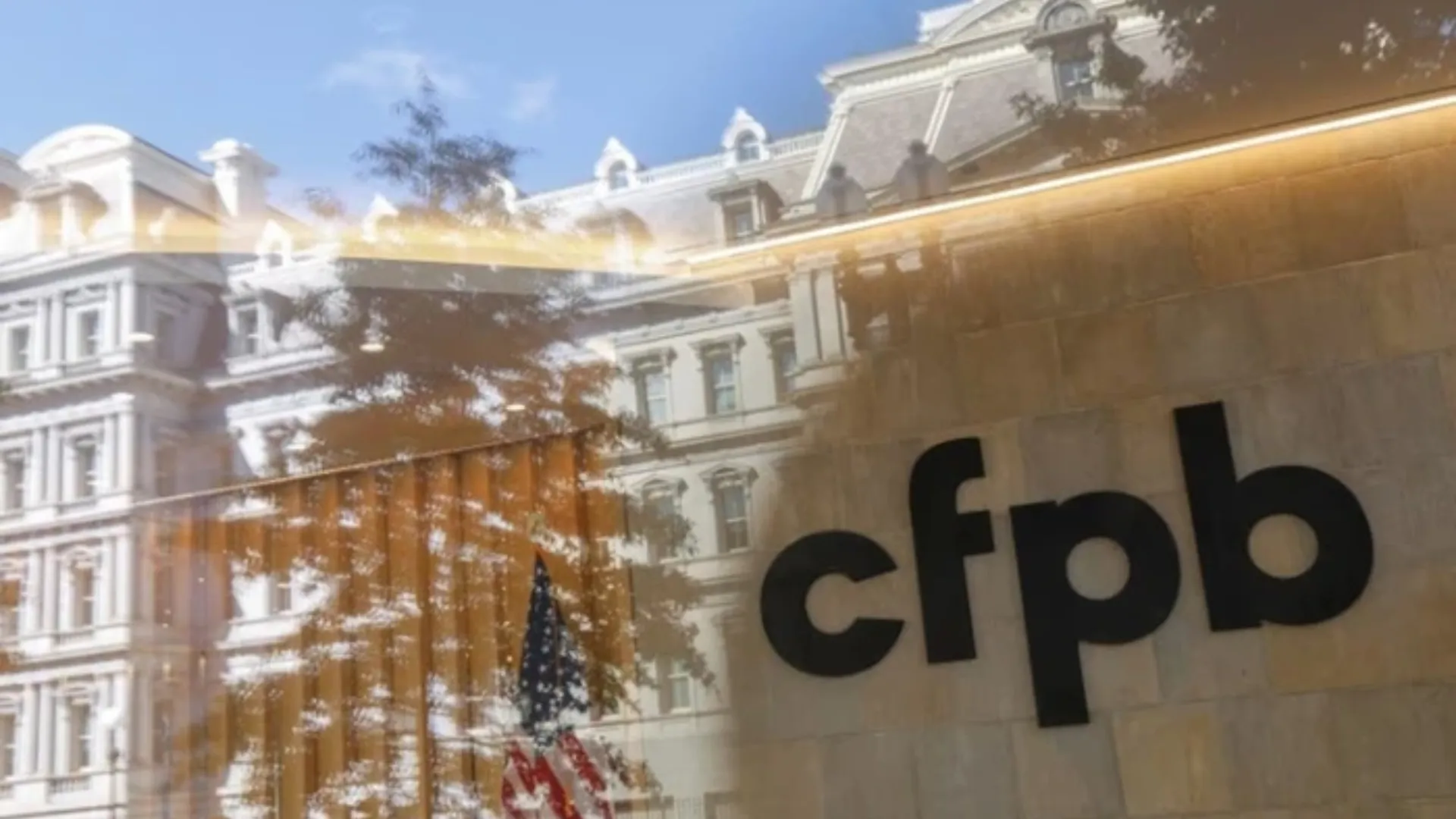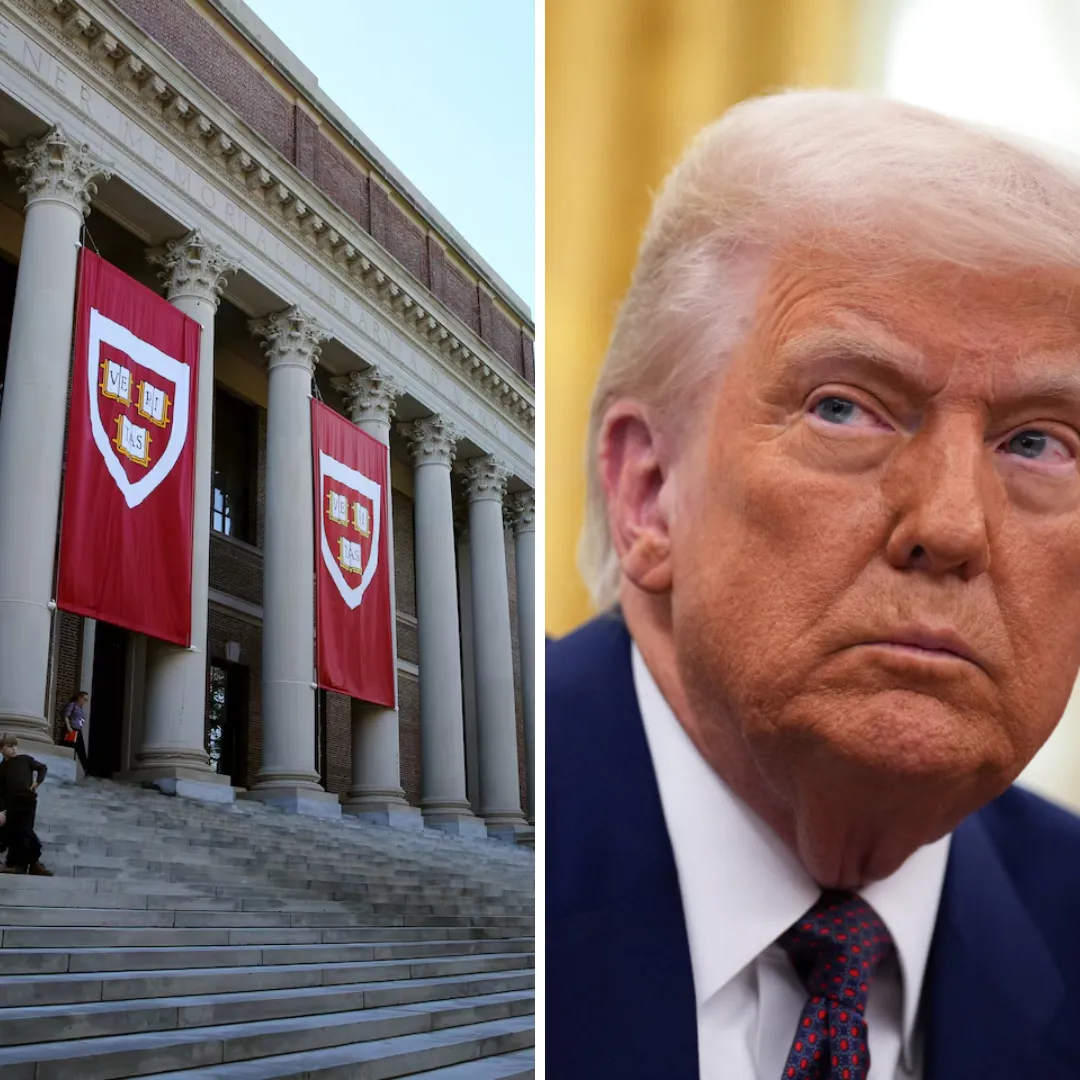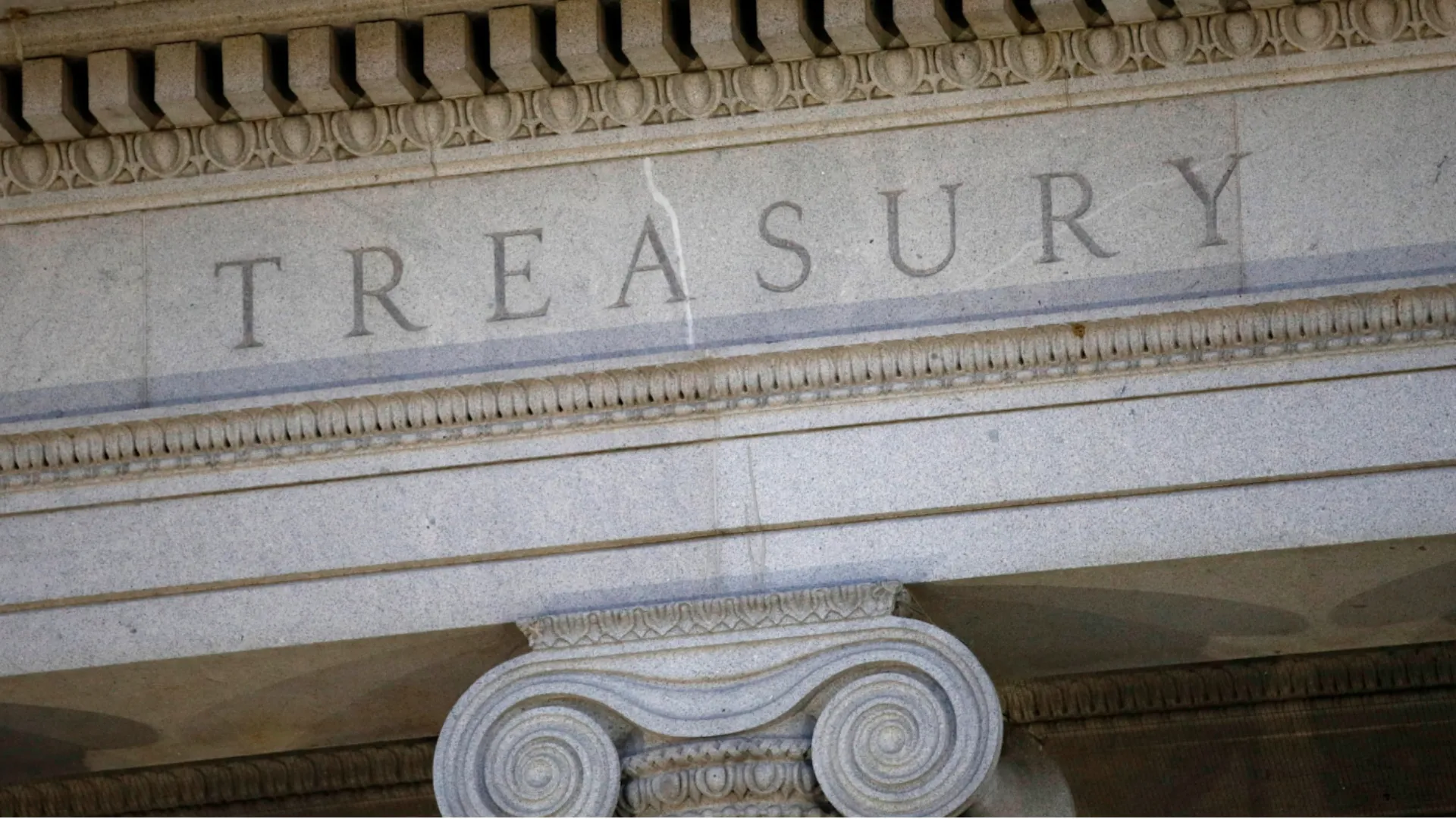
Senator Bernie Sanders of Vermont staged what his team called the largest rally of his political career on Saturday, attracting an estimated crowd of 36,000 people to Gloria Molina Grand Park in downtown Los Angeles.
Joined by Representative Alexandria Ocasio-Cortez of New York and other progressive allies, the event marked the latest stop on the “Fighting Oligarchy” tour—an ambitious grassroots movement opposing President Donald Trump’s administration and its close ties to billionaire advisor Elon Musk.
The rally, which combined passionate speeches with musical performances from legendary artists like Neil Young, Maggie Rogers, and Joan Baez, underscored Sanders’ enduring political influence and the vitality of the progressive movement at a time when the Democratic Party is still reeling from its losses in the 2024 elections.
Despite Democrats facing record-low approval ratings and struggling to present a united front against Trump and Republican majorities in Congress, Sanders and Ocasio-Cortez continue to draw massive crowds and energize a base increasingly skeptical of mainstream party leadership.
Saturday’s event in Los Angeles follows another massive gathering last month in Denver, where 34,000 attendees showed up, also setting a record for Sanders at the time.
As Sanders, 83, nears what many assume is the twilight of his political career, the scope and energy of his recent rallies suggest that the progressive vision he helped popularize is far from fading.
With public attention once again turning toward the role of billionaires in government, the rollback of federal programs, and growing economic inequality, Sanders’ tour is tapping into a deep well of dissatisfaction—and calling for bold resistance.

The rally took place under clear skies in Los Angeles, where thousands packed the park with handmade signs and chants of “Not me, us!”—a refrain that has become synonymous with Sanders’ populist message.
Organizers provided livestream access for those unable to get inside the crowded venue, while volunteers handed out pamphlets on voting rights, labor rights, and economic justice.
Sanders took to the stage in the early evening, greeted by roaring applause. In his speech, he reiterated many of the central themes that have defined his career: universal healthcare, tuition-free college, expanded labor protections, and opposition to corporate influence in politics.
But the senator’s sharpest words were reserved for what he called the dangerous consolidation of wealth and power under the Trump administration and its lead reformer, Elon Musk.
“Let me tell you something about the oligarchs,” Sanders said.
“They are very, very religious people. But their religion isn’t based on doing unto others as you would have them do unto you. Their religion is not based on love or justice. Their religion is based on greed, greed, and more greed.”
The crowd responded with chants of “Tax the rich!” and “Fight back!”
After the rally, Sanders posted photos on X, formerly Twitter, writing, “Thank you Los Angeles for our biggest rally ever.
36,000 people came out today to say NO to Trumpism, NO to oligarchy, NO to authoritarianism, and NO to a rigged economy.”

The rally comes at a time of deep internal turmoil for the Democratic Party. Following Donald Trump’s re-election in 2024, Democrats have struggled to find a coherent message that resonates with voters.
The party suffered sweeping defeats in congressional races, lost key state legislatures, and saw its favorability ratings plunge to record lows.
While centrist Democrats have urged caution and incrementalism, Sanders and Ocasio-Cortez have advocated for a more forceful response to what they see as authoritarian tendencies under Trump.
Their “Fighting Oligarchy” tour is not just a protest against Republican policies, but also a call for the Democratic Party to reclaim its progressive roots.
Citing Trump’s appointments of ultra-wealthy allies to key federal positions, including Elon Musk’s leadership of the Department of Government Efficiency (DOGE), Sanders framed the current moment as a battle between the people and a billionaire-led elite that is reshaping the government to serve its own interests.
Much of Sanders’ criticism centered on Musk and the Department of Government Efficiency, which has aggressively slashed federal budgets, terminated thousands of government workers, and defunded key programs such as Medicaid and food assistance.
Under Musk’s leadership, DOGE has become a symbol of a new, tech-driven austerity that Sanders and other progressives argue is both harmful and undemocratic.
“You had the richest guy in the world spend $250 million to put Donald Trump back in the White House,” said Representative Ro Khanna of California, another speaker at the rally. “
Then Trump hands him the keys—to slash Medicaid, gut public education, and rip food stamps away from families.”

Representative Alexandria Ocasio-Cortez delivered an equally scathing rebuke. “Big money is how we got Donald Trump,” she said.
“And his whole presidency began with launching tools for bribery—meme coins to fleece working people, extortion settlements from media companies and law firms who gladly pay them.”
Ocasio-Cortez, widely considered one of the most influential Democrats under 40, has used her platform to highlight the dangers of what she calls “economic extortion”—policies that redistribute wealth upward while cutting off essential services to the poor and working class.
Though the rally featured music and community organizing efforts, the tone throughout the evening remained politically urgent.
Sanders described the Trump administration as openly authoritarian and accused it of undermining democratic norms.
“Authoritarianism thrives when people are demoralized and disconnected,” Sanders said.
“But tonight, 36,000 people came together to say we are not going quietly into the night. We are standing up, we are fighting back, and we are organizing in every state, every community, and every workplace in America.”
The “Fighting Oligarchy” tour is explicitly designed to reach voters in states where progressive messages are often marginalized.
Following the Los Angeles rally, Sanders and Ocasio-Cortez plan to visit Utah, Montana, and Idaho—traditionally conservative strongholds but also home to growing populations of young voters and labor organizers.
These upcoming events aim to connect with communities that have felt abandoned by both parties and to offer an alternative vision rooted in solidarity and systemic reform.

The rally did not go unnoticed by Sanders’ political opponents. Elon Musk, who has frequently sparred with progressives online, dismissed the Los Angeles crowd as “the same group of paid ‘protesters’” in a March 23 post on X, referring to a previous Sanders event in Denver.
On Friday, he escalated his rhetoric, writing, “Bernie is just fully communist.”
President Trump also addressed the event indirectly through a post on Truth Social.
“BE COOL! Everything is going to work out well. The USA will be bigger and better than ever before!” he wrote, offering a more tempered response than usual.
Still, the administration has reportedly taken notice of the “Fighting Oligarchy” tour and is monitoring turnout numbers and regional impact as the tour continues.
Though Sanders has repeatedly said he does not plan to run for president again, speculation continues to swirl.
At 83 years old, most political analysts believe Sanders will play the role of kingmaker rather than candidate in the lead-up to the 2028 election.
Ocasio-Cortez, on the other hand, remains a rising star whose name frequently appears in early 2028 Democratic primary polling.
While she has not announced any official plans, there is growing momentum among supporters urging her to challenge entrenched figures like Senate Minority Leader Chuck Schumer or even run for president.
Public interest in a possible AOC candidacy has intensified as younger voters grow increasingly disillusioned with traditional Democratic leadership.
A recent survey by Pew Research found that voters under 35 overwhelmingly support progressive policies such as universal healthcare, free college tuition, and climate action—policies long championed by Sanders and Ocasio-Cortez.

The next leg of the “Fighting Oligarchy” tour will bring Sanders, Ocasio-Cortez, and their allies to red and purple states where progressives are hoping to build stronger coalitions.
These stops are part of a broader strategy to push back against what Sanders calls the “creeping normalization of authoritarianism” and to lay the groundwork for a new progressive era.
Whether these rallies translate into electoral success remains to be seen.
But one thing is clear: the progressive movement, far from fading after 2024, appears to be regaining strength—drawing massive crowds, shaping national discourse, and challenging both Republicans and centrist Democrats to rethink the future of American politics.
As the Los Angeles rally showed, there remains a hunger among many Americans for bold ideas, economic justice, and a government that serves the people—not just the wealthy few.



